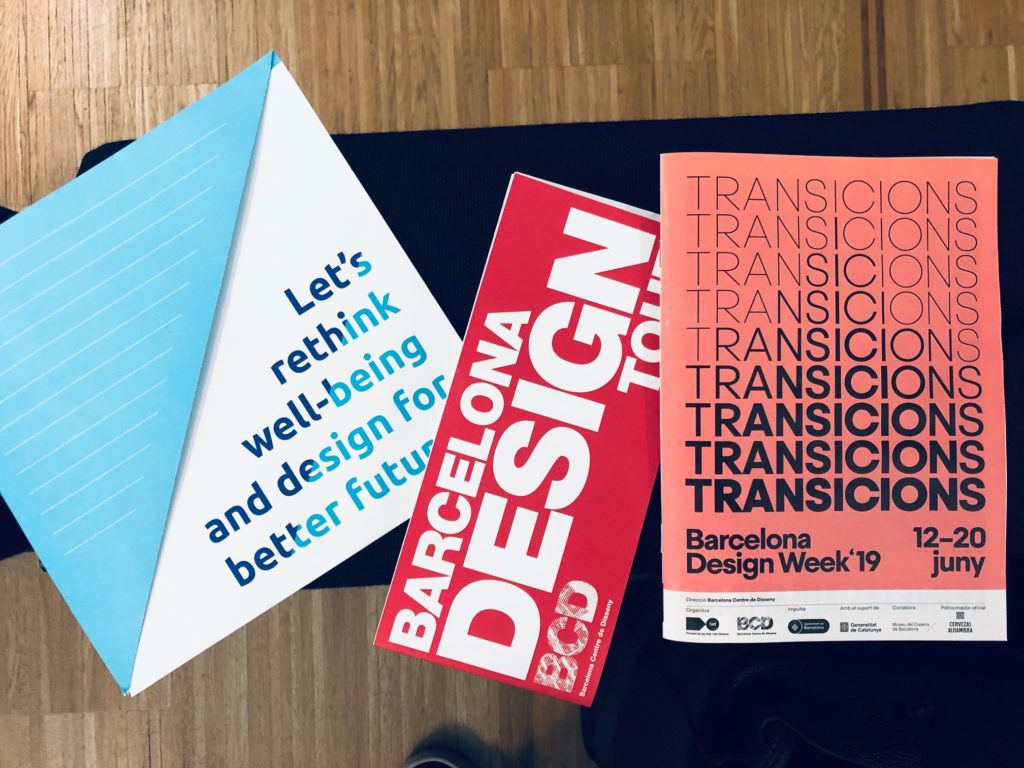
It has been as week since we are back from Barcelona Design Summit- an annual event gathering more than 350 service designers and UX-designers. These are not only the keynotes and masterclasses but also the informal talks that allow us to follow the trends in the industry, share our challenges and opinions about the changes in the industry. This time we brought home the following points:
- services are the soft infrastructure of society and basic form of human care! good to remember that point: George Aye from @GreaterGood Studio named new principles: good design creates (co)ownership, pays attention to balance of power and honours reality (not only invent the future of cafe, banks, etc). Or to use the strong words of Lara Penin and Barbara Adams “We have a choice to build INTERACTIONS or transactions”.
- systems thinking called by @frog the value-based design: what if we intentionally design for outcomes beyond the individual? we talk Personas but as our design influences stakeholders and ecosystems we need to minimise unintended consequences and maximise intended IMPACT. I guess we all agree in general (and Airbnb example is discussed nearly on all conferences) but when it comes to put hands on the project we tend to advocate for one perspective…
- Long discussion with @Fjord about one of their Trends for 2019: Silence is Gold. What if people search for more and more disconnection and silence? do we design yet another pop up and notification or should we rather re-think how might we save their attention and help to channel it?
- “People adopt the change that they are part of making” – during the workshop with IDEO.org we have invented a number of powerful tools that makes us invisible as designers and support voices of the users. Let’s not stand on the way.
“Sustainable business”- is it really still a choice? “We are moving from an era in which many organisations defined their own growth as the ultimate goal, to one in which growth is redefined as collective well-being, empowerment and participation. Thus, values as individualism, competition and market primacy are replaced by the new societal values and shared principles: trust, relationship and collaboration. To contribute to this collective transition successfully, society-centered innovation must become the new standard for any organisation striving for sustainable impact.” When I quoted this to my friend, he said it’s a little bit leftist. Well, is it? or simply reasonable?